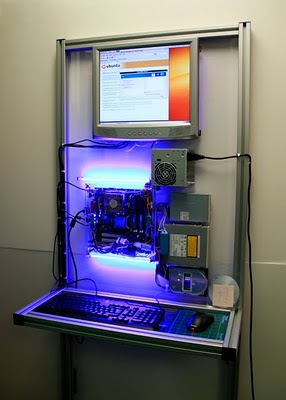Now having my first meeting ever, cancelled as a result of ‘volcanic activity’, I would say the limitations of excuses [sic reasons] have taken a new meaning. Ok, fair enough, not a lot we can do, the planet does, as the planet always has done. If anything, it is very capable of teaching us who is in control, and one can safely agree that the apelike creature is not (in control). Somewhat agnostic over the debate on the global impact of our species, one is very aware that we are judged to be at least 200+ years into the anthropocene epoch. Volcanoes erupting are a constant, they will dump a considerable discharge, and this will enter many systems, the impact tends to be short term, the damage extensive but overcome within a generation. Carbon emissions have steadily increased year on year for at least 100 years, instead of recovery there is adaptation, not necessarily for the better. What ever happens the planet will adapt and will survive. But what happens to ourselves, this i
